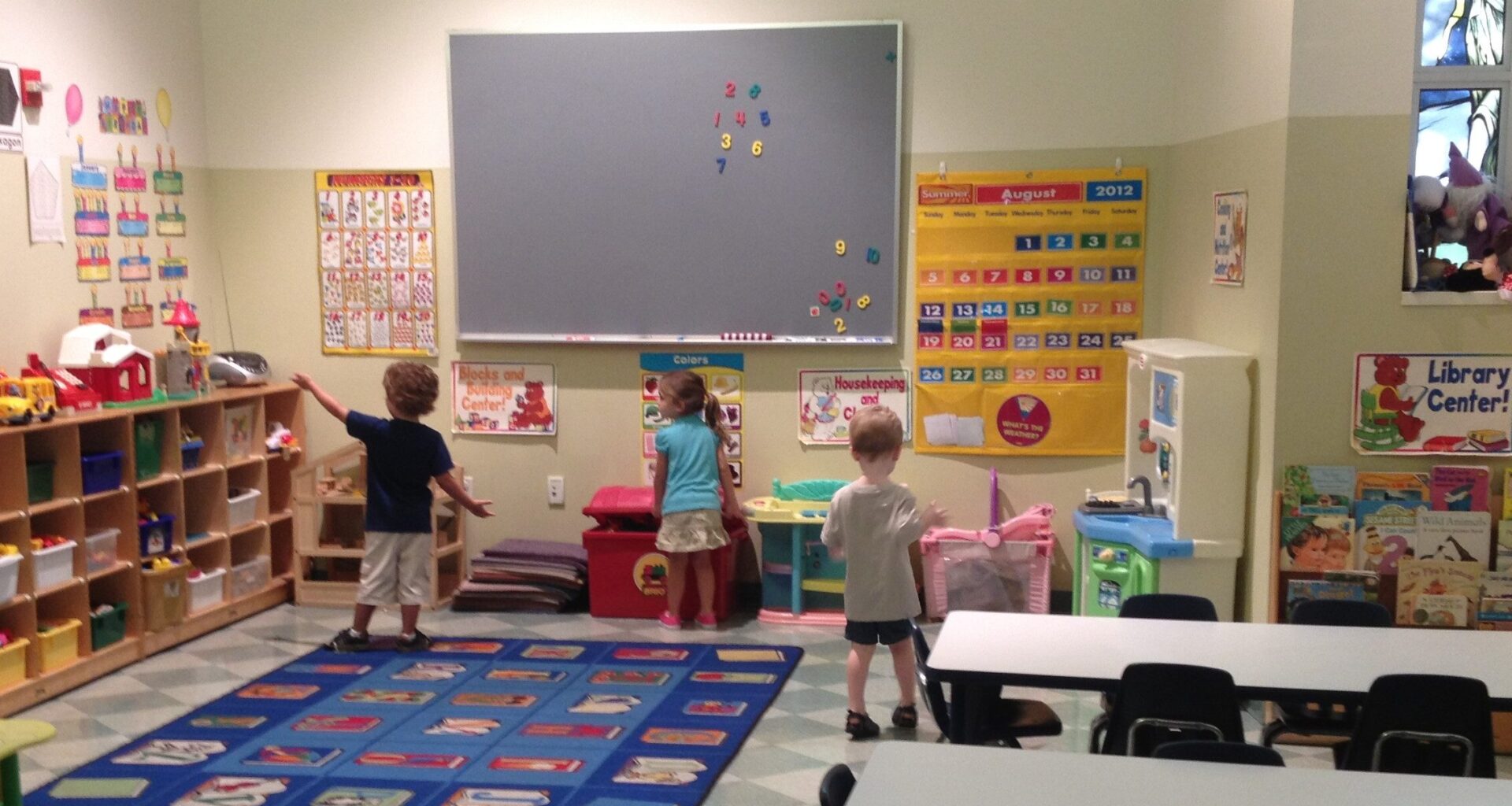Current rates of absenteeism and achievement for Pennsylvania students may impact the practice of psychology in the Commonwealth. Given the theme of illiteracy for this Pennsylvania Psychologist, it is important to share data showing reading performance rates for students in Pennsylvania and nationwide. The goal of this article is to share data on absenteeism and student achievement in Pennsylvania pre and post-pandemic, and to examine impacts on psychological practice.
Pandemic
Discussion about public education needs to address the effects of Covid school closures. In Philadelphia and parts of Pennsylvania up to four years of schooling were impacted. During the 2019-2020 academic year all Pennsylvania schools closed in March 2020; in April Governor Tom Wolf ordered Pennsylvania schools closed for the remainder of the year. Forty-eight states with over 50,000,000 students remained closed throughout the country. In April 2020, state guidance allowed PA school districts to decide whether to resume in-person instruction.
In August 2020 the PA Department of Education announced a statewide mask requirement for all public and private K-12 students. In September 2020 most Pennsylvania students were receiving virtual instruction and by June 2021 most PA students were receiving in-person instruction; Philadelphia schools remained closed until April 2021.
Absenteeism
Absenteeism notably increased nationwide post pandemic. Between 2018–2019 and 2021–2022 the percentage of K-12 students chronically absent nearly doubled from 15 percent to 28 percent. In 2022-2023 these rates remained well above pre-pandemic rates. Prior to the pandemic, attendance rates in Philadelphia were steady for a decade with middle school leading. Post-pandemic, middle and elementary school attendance hit ten year lows. In Philadelphia, the percentage of students who attended at least 95 percent of school days fell from approximately 47.6 percent in 2018-2019 to approximately 37.6 percent in 2022-2023.
Reading and Mathematics
The 2024 “Nation’s Report Card” indicated a drop in fourth and eighth grade reading scores compared to 2022 scores. National Assessment of Education Progress (NAEP, 2024) data showed only student readers at the 90th percentile did not drop in achievement while those at the 50th and 10th percentiles dropped in scores. Alarmingly, 33 percent of the nation’s eighth graders did not meet NAEP’s “Basic” level of achievement in reading.
In other words, a third of the nation’s 2025-2026 ninth graders will have difficulty drawing main ideas from text. NAEP data showed slight increases in fourth grade math scores and in eighth grade scores in Advanced and Proficient categories.
NAEP data showed Pennsylvania students’ reading achievement dipping slightly below national scores after 2020. Pennsylvania math scores also dipped to the national level and have recently improved. Philadelphia fourth graders made recent gains in math according to NAEP data, however, both math and reading scores for Philadelphia students remain well below those of their peers in Pennsylvania and average national scores.
Pennsylvania System of School Assessment (PSSA) results from 2024 revealed that a majority of students in Philadelphia do not possess proficient reading and math skills. Approximately 70 percent of Philadelphia fourth graders and 65 percent of eighth graders scored Basic or Below Basic in English Language Arts. Seventy-four percent of Philadelphia fourth graders and approximately 82 percent of eighth graders scored Basic or Below Basic in math.
Psychological Practice and Ethical Considerations
The data presented has implications for school psychologists. Chapter 14 stipulates that the process of diagnosing learning disability must take into account exclusionary factors such as lack of appropriate instruction. The issue, perhaps an ethical dilemma, is how to determine whether underachievement is due to lack of instruction within the context of absenteeism or school closures. This is also an issue for psychologists in private practice using DSM-5 criteria where rule-out criteria includes similar language.
Practice at the college level can also be impacted where academic psychologists may need to provide concrete outlines of literary material, writing rubrics and study aids for students with limited reading skills. Psychologists in private practice need to consider whether clients fully comprehend homework logs for cognitive behavioral therapy and consent forms, and treat possible anxiety resulting from limited skills.
In summary, the data presented in this article does not make for easy reading. The expectation is Pennsylvania psychologists will not look away but, rather, pursue strategies and ethical practice designed to maximize help for students and their clients.
This article was republished with permission from the The Pennsylvania Psychologist.
Dr. Barbara C. Gelman, Ph.D., welcomes feedback and can be reached at gelmanbarbara@gmail.com

